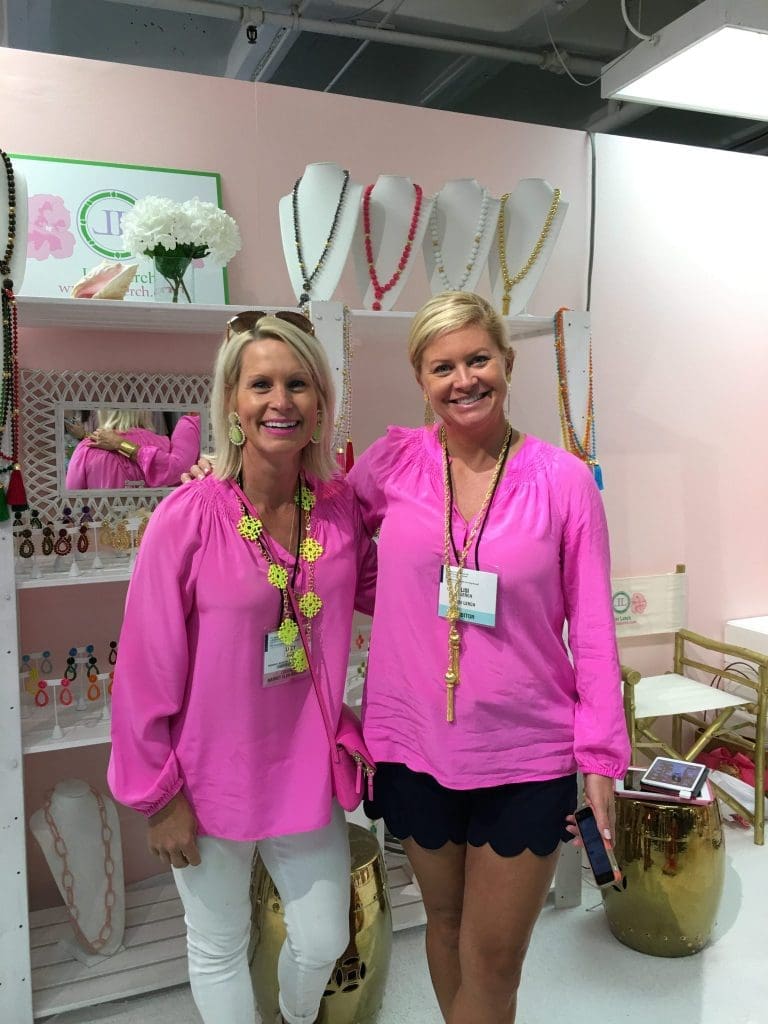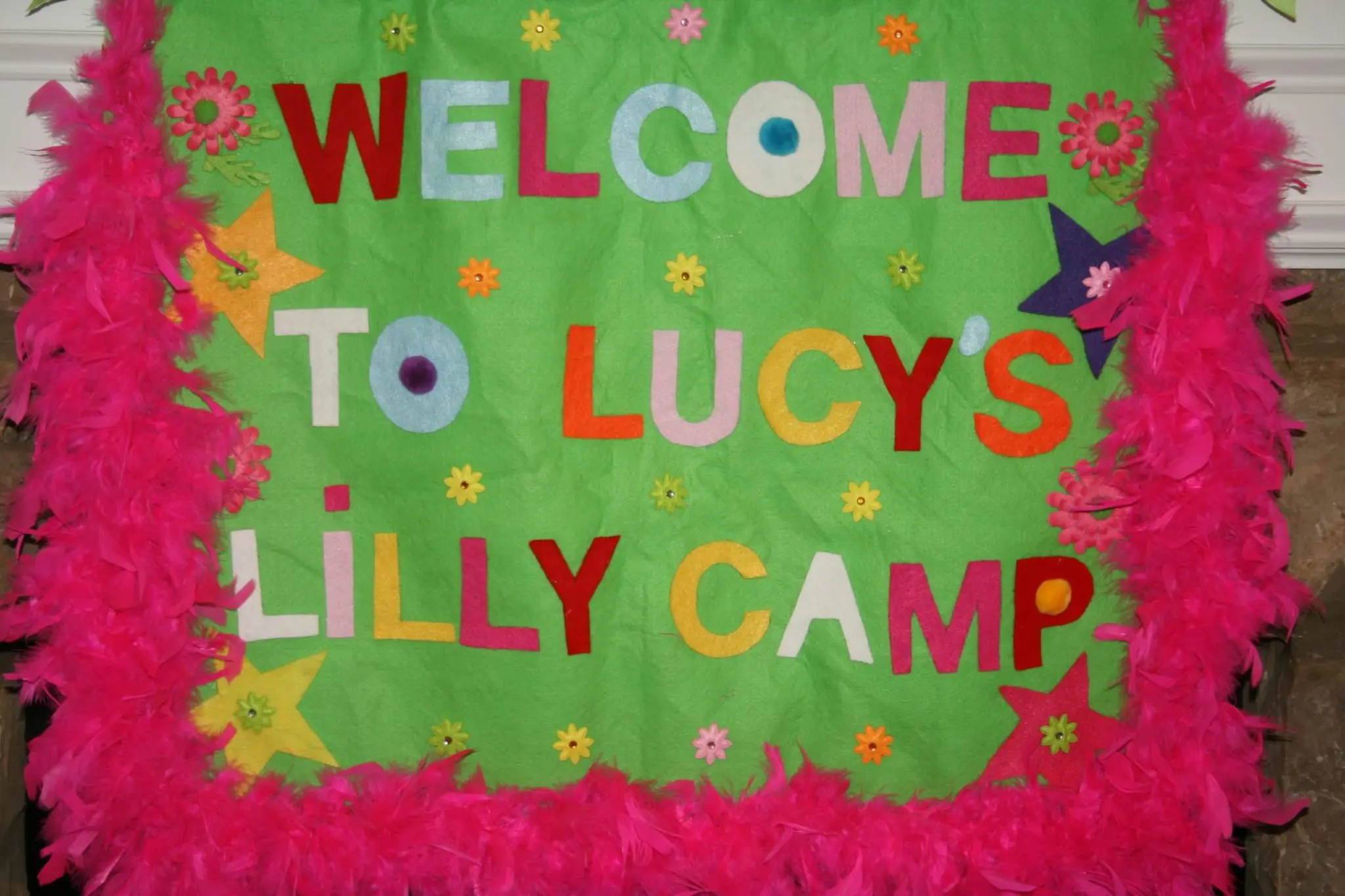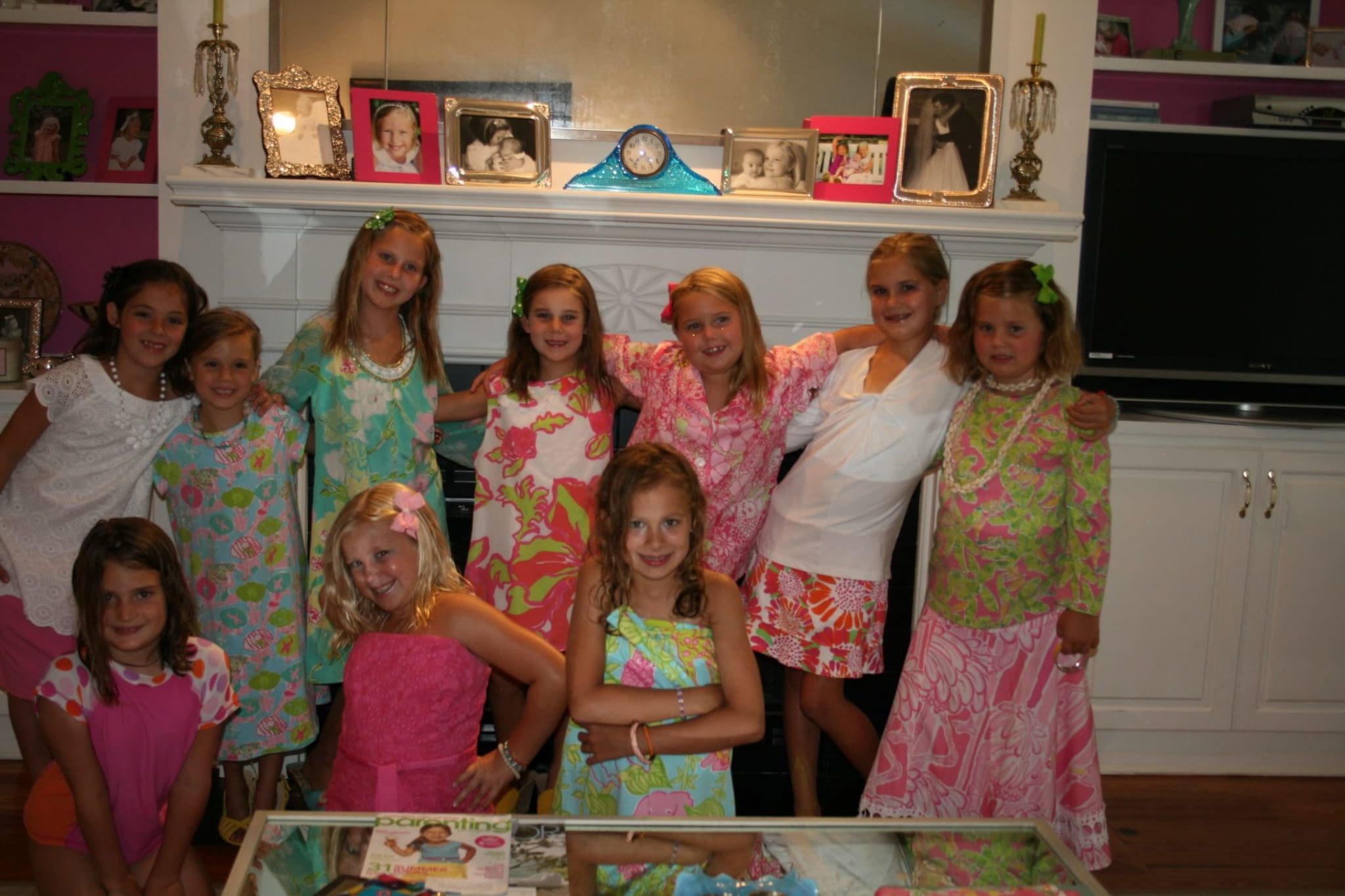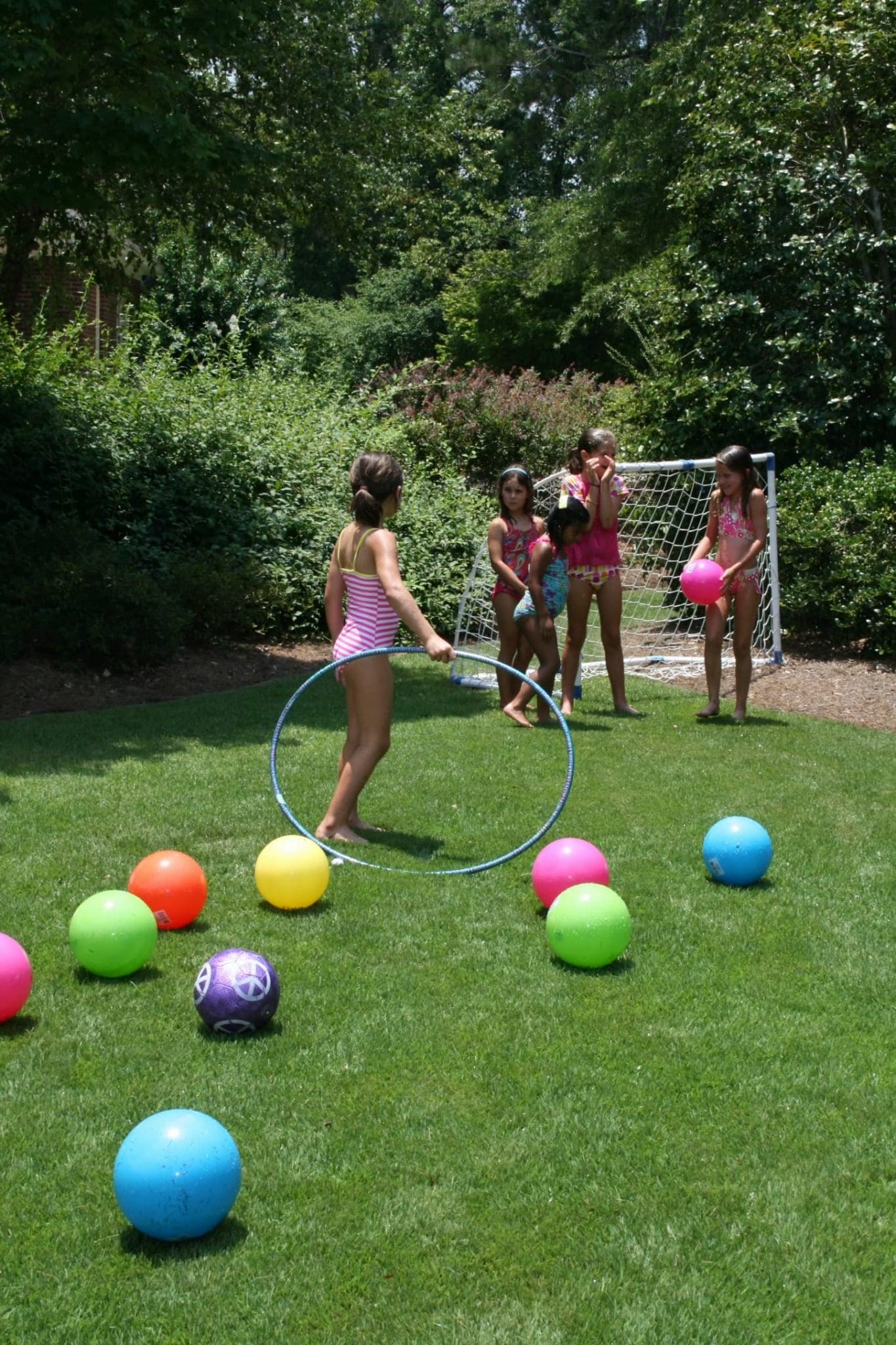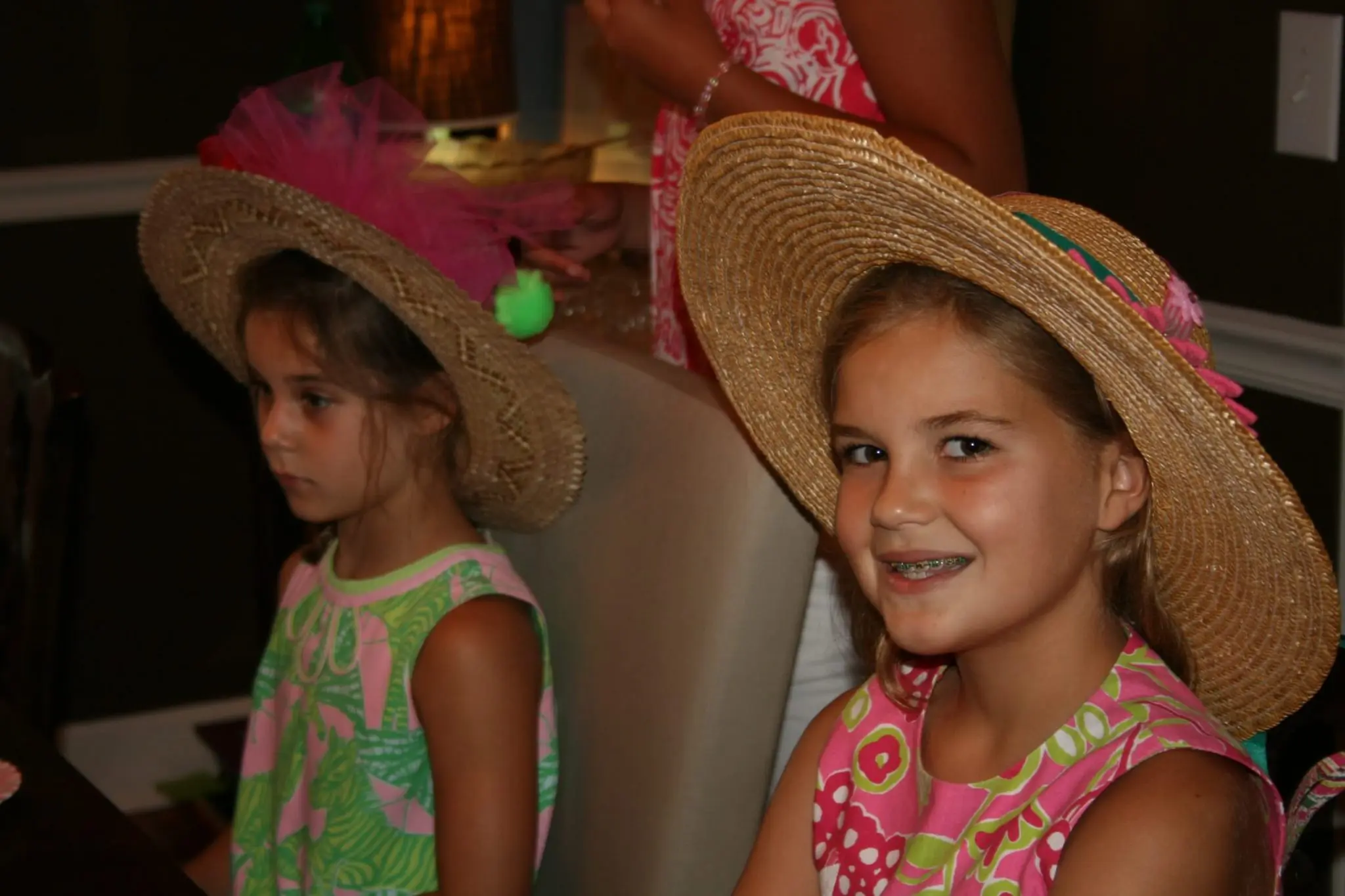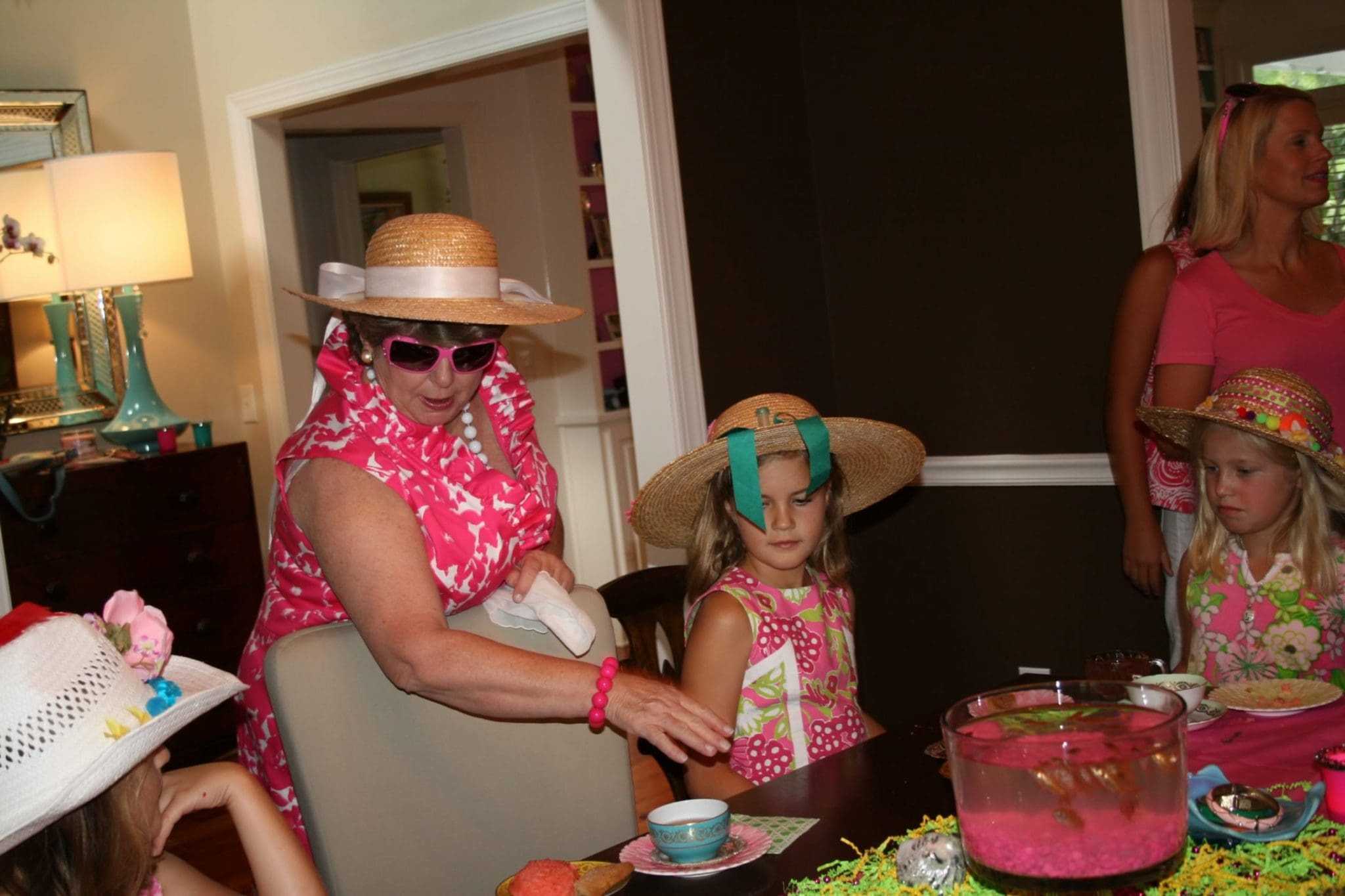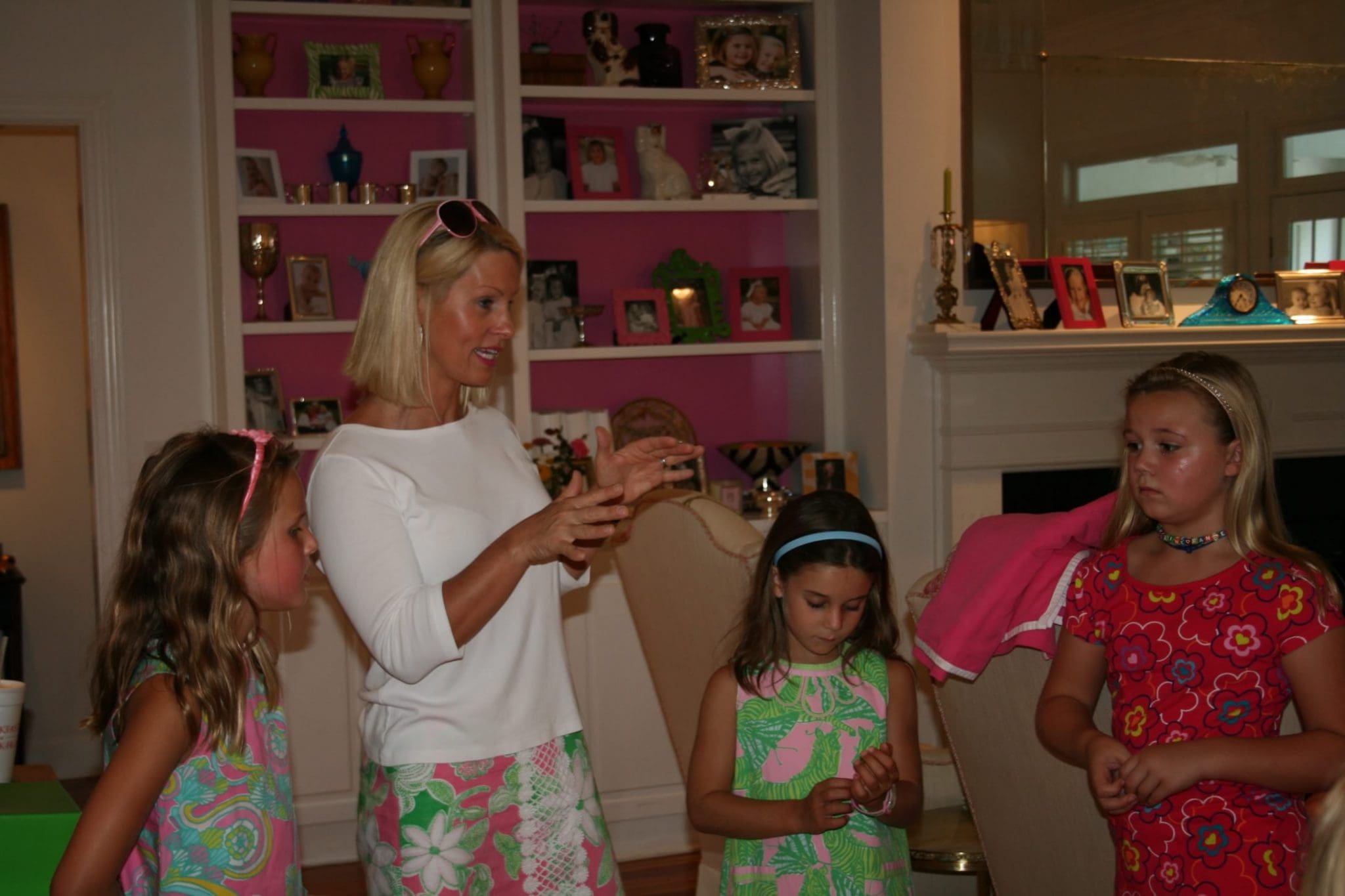The Millennial Generation
I attended a great workshop featuring Tim Elmore, a nationally recognized thought leader on how to understand the next generation and prepare tomorrow’s leaders today. Tim is a best-selling author, international speaker, and president of Growing Leaders, a non-profit that creates innovative events and resources to equip the next generation for leadership.
A few takeaways I want to share that might be useful as we work each day alongside the 80 million millennials!
- 26 is now the new 18
- This generation is self absorbed yet generous
- Narcissistic (selfie, anyone?) yet very giving
- Social yet isolated by technology (Snapchat, Instagram, Facebook, etc.)
- Adventuresome yet fearful
- Team oriented yet diverse
- Savvy yet naïve
- High achievers yet high maintenance
- Achievers yet need hand-holding
- Visionary yet vacillating, they don’t lack a vision, the problem is that they have 17 visions and don’t know what to do with them or how to begin working on one of them to achieve a goal. It is our responsibility as parents to guide them without overpowering.
Think about it and you’ll see. It’s very interesting how both can exist within one person.

We are experiencing our kids and future leaders growing up too fast and too slow simultaneously: our culture fosters artificial maturity. Kids are overexposed to information far earlier than they are ready.
Most of this information is not traumatic or evil, but they are under-exposed to real life experiences far later than they are ready.
Virtual reality experiences surround them, unlike real life experiences; these create a lack of hands-on learning, situational awareness and problem solving skills.
Internet presence knows no boundaries when it comes to data. The average millennial consumes over 1000 messages daily, which means they don’t need adults for answers or information. The majority of preschool kids are online!
Adults today have more fear of risk; we prevent them from failing or getting hurt. We are safety-obsessed, protecting them from mistakes or consequences. We basically structure their childhood days.

Not too long ago, 4 year-olds were doing age-appropriate chores, 7 year-olds working on the farm, 14 year-olds were learning to drive cars, 17 year-olds were fighting wars, 19 year-olds were getting married. We know that times have changed, and so have we, but are we being extremists? Today we do the chores for them, we don’t make them get a job, and they live at home late into their 20’s.
Our culture has created an artificial world: this allows millennials to enjoy virtual reality through video games and explore virtual relationships through social media.
WHAT SOCIAL MEDIA FOSTERS:
A Personal Platform – drives a narcissistic culture, self-absorbed life, “everything-revolves-around-me” mentality, when reality is; it doesn’t.
Reactionary Opinions – creates an obsession with judgments, children 12-18 are consumed in what others think of them, roller coaster of living for the approval of others, which is exhausting and takes away from productivity.
Instant Updates – impulsive behavior often creates problems with friends and co-workers.
Constant Information – causes anxiety and depression, creating a new class of at-risk kids.
External Stimulation – addictive lifestyles again, reducing productivity and focus.

So now that we have a better understanding of the issue, how can we improve?
- An idea to help children/employees: inspire them to find 6 mentors in their lives to help, inspire and drive them personally and professionally.
- Don’t be an over or under functioning parent/employer. Guide, but allow them to grow up themselves, make mistakes, try new things and experiment. Success and failure will come, but that means a learning experience and personal growth.
- Mediocre parents/employers treat all their children/employees alike. Awesome parents/employers treat all their children/employees differently.
- Allow your children/employees to connect with you. Recognize their strengths and their differences. Everyone is wired differently, and by tailoring our leadership strategies for each individual personality type we can help them achieve amazing results
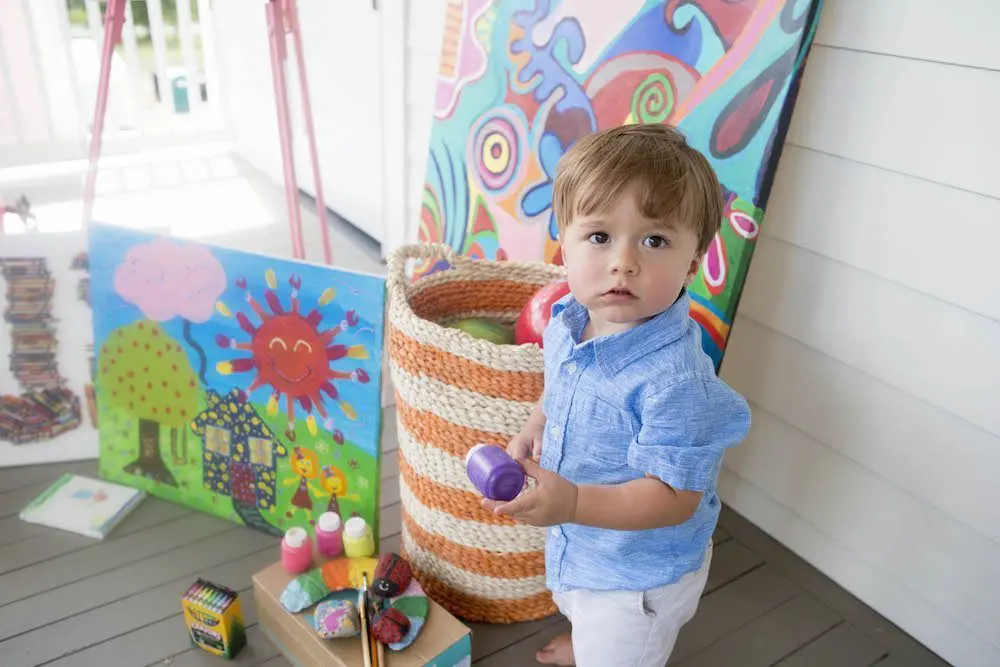
PERSONALITY TYPES:
- The driver: strong-willed, stubborn, large-and-in-charge, get their way, they have a lot on their mind and don’t often hear what you say. When facing this personality, as an adult or figure in charge you need to take over, be very clear and very direct with them: no “hinting or implying”. Be direct, but never rude. The Drivers are born leaders that need guidance and to be in control of their will.
- The diplomat: loves harmony, they are peacemakers, “whatever it’s ok” mindset. The Diplomats are seeking cooperation, so a better way to lead them is by saying: “You know what would really help me? If you cleaned your room/office, it would help our family/company” instead of demanding that they complete a task.
- The dreamer: they have a very big imagination, very creative, appear to be in Lala-land. The Dreamers are lead best by providing options such as: “Use your creativity to how you clean up your room; you can do some today, some tomorrow, some Friday, or do it all today, or half today half tomorrow, etc.” The Dreamers need choices and to be held accountable for the choice they make.
*People can be a combo of these three types. Analyze, understand and apply!

Parents and leaders, we are driving an EPIC generation:
E – Experience
P – Participatory
I – Image Rich
C – Connected
We need to encourage this generation to go for it! Support and create the experiences they want to have, they need to own the experience; allow them to plan it and try it! It may be risky to watch them try without offering assistance, but it is always a risk worth taking in situations like a school project, a trip, etc.
A great way to practice this methodology is by allowing them do it their way, and afterwards discuss how it could improve, what was just right, what they learned and what they want to try next.
Good leadership gives grace and tough love at the same time. Tender-and-tough is often hard to do, but necessary to get results with this generation that has so many distractions.
This generation needs two types of leaders:
– Leaders who are responsive, who display acceptance to support and believe in them.
– Leaders who are demanding, to establish standards and to hold them accountable.
Be clear on your messages when they are young or new in the position:
you are loved, you are safe, you are valuable, you have gifts, you are unique, etc.
As they mature into their teens or within your company, the messages they need to hear also mature, they are true facts; life is difficult, you are not in control, you are not always the most important, you are going to die, your life is not about you. (I know, tough love!)
Then, guide them. Allow them to find out how and what to think. They need a compass to navigate and find their own values, faith, upbringing and street smarts. This generation doesn’t need a GPS to tell them their every move.

A handmade gift from Lulie to me, her “helicopter mom”
I guess I am not called “helicopter mom” for nothing, and I have lots of room to improve, but we are all a work in progress everyday!! I would love to hear your thoughts, comments or ideas on this, and hope you got as much out of this as I did!
Love,

Featured: #TimElmore
Photos by: Suzanne Jones | Location: Old Town Columbus



